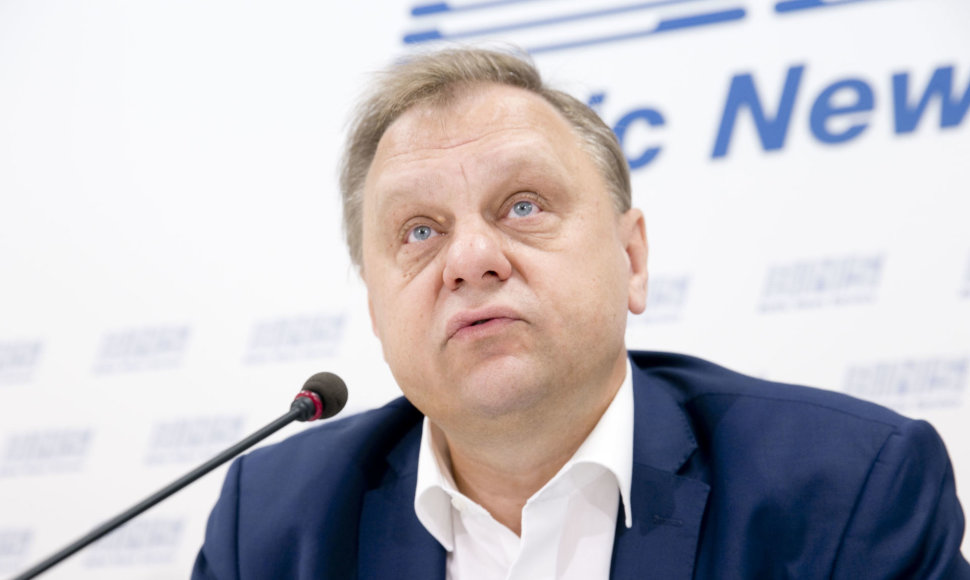There would be cuts in rural development funding as well – from 1.64 billion to 1.21 billion euro, and while direct grants will grow from 3.16 to 3.34 billion euro, they will nonetheless not reach the EU average.
Finland, which has held the European Union presidency, proposed an even more drastic project, based on which our country would receive an entire 27% less Cohesion funding. The calculation is reasonably blunt – supposedly, our GDP per capita has grown sufficiently for us to settle for lower support. There was no consideration of how this happened both due to a loss of population and due to regional differences, where Vilnius city district is well ahead of the rest.
With the British leaving the Union, there will be respectively less funding, Germany and the other wealthier Union members seek to trim the EU’s budget. Whatever the conclusion of the negotiations, it is clear that in coming years the financial injections from Brussels will be more modest than to date.
As such, the way we manage to make use of this funding is crucial. There have been enough swimming pools built in various cities, asphalting or tiles set in provincial squares, where there are increasingly few passers-by — as such, continuing to throw it at infrastructure would be akin to financial crime.
The state and the politicians steering it should identify what we will need in the nearest future so that we wouldn’t land in the middle-income trap, which many economists warn of. Lithuania needs as many as possible well paid jobs as soon as possible, ones that would be held by high-level specialists.
For foreign and local business to invest here, we need a qualified workforce and this is directly linked to education, whose reform has been stalled far too long. In this area, we must move from artificially supporting existing infrastructure by plugging it into a financing apparatus to making the whole system more effective.
We must merge, increase in size education institutions so that both secondary school, vocational and higher education institutions would reach levels required by the 21st century. It is typical to boast of high qualification IT specialists; however there is a tragic lack of them. According to a study performed last year by the company IDC, in Eastern and Central Europe, only 3.5% of employees fully match the employers’ requirements for digital skills.
As such, when directing investment, the priority should be placed on high technologies and not supporting a traditional low economic value-creating economy. We must emphasise the areas where we are truly successful. The future belongs to the IT, biotech, laser and similar industries, where Lithuania already has settled in, but this needs reinforcing.
Also, in recent years it has become clear that free economic zones have proved their value in Lithuania, particularly Kaunas being a notable example. This business ecosystem is working very well; thus it absolutely must receive continued investment.
It is a critical point, just how much EU Cohesion funding we receive, however already now the country must do its homework so that it would not be misplaced or underused, instead of bringing as high as a possible added value to the whole country.












